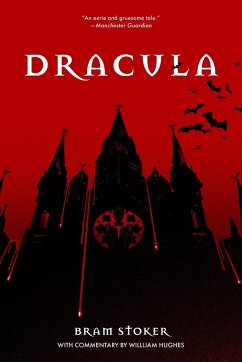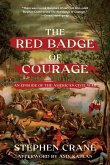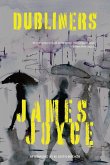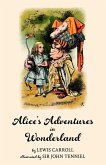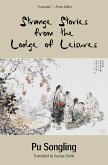One of the most famous pieces of English literature of all time, Dracula is a towering work of Gothic fiction whose archetypal characters-Count Dracula and Abraham Van Helsing-have permeated popular culture since their first appearance in 1897. Drawing on Transylvanian folklore, Bram Stoker weaves his tale of horror through newspaper articles and the letters, diary entries, journals, telegrams, and ship's logs of a small cast of characters whose perilous encounters with Dracula have harrowing if not fatal consequences. Dracula has been adapted for film more than thirty times-though seldom with complete fidelity to the original narrative that continues to captivate countless readers the world over and inspire adaptations of all kinds. This Warbler Classics edition includes an essay on Dracula criticism over time and a biographical note on the life and work of Bram Stoker.
Hinweis: Dieser Artikel kann nur an eine deutsche Lieferadresse ausgeliefert werden.
Hinweis: Dieser Artikel kann nur an eine deutsche Lieferadresse ausgeliefert werden.

